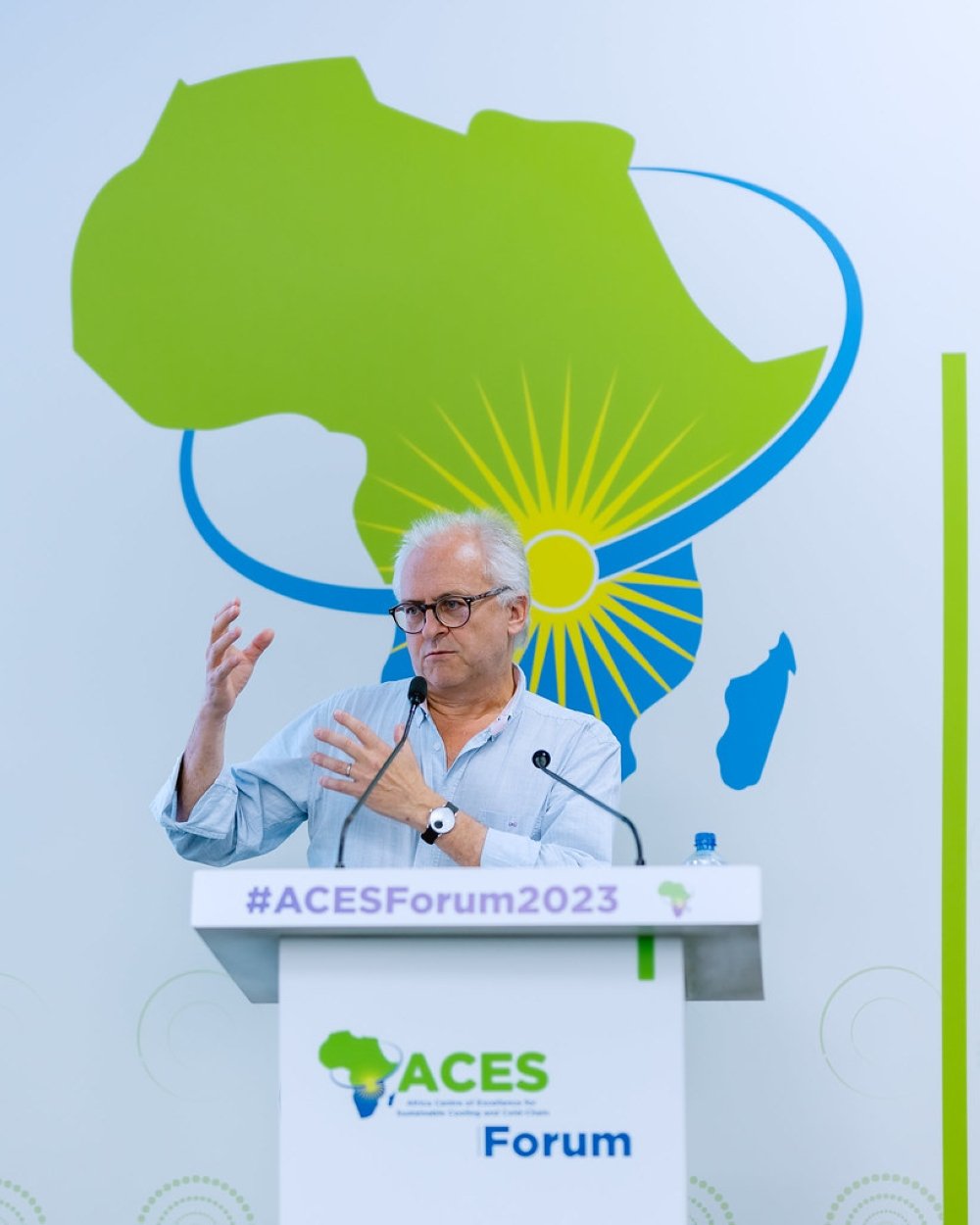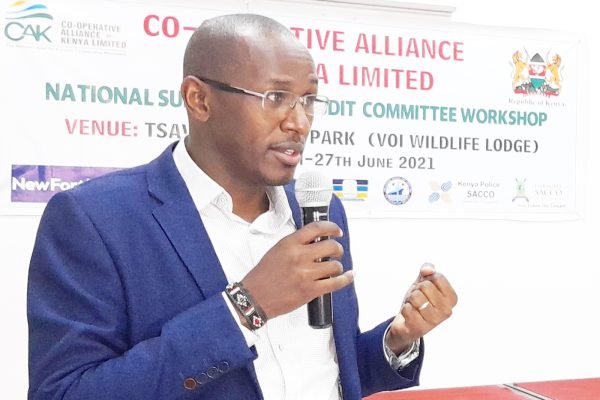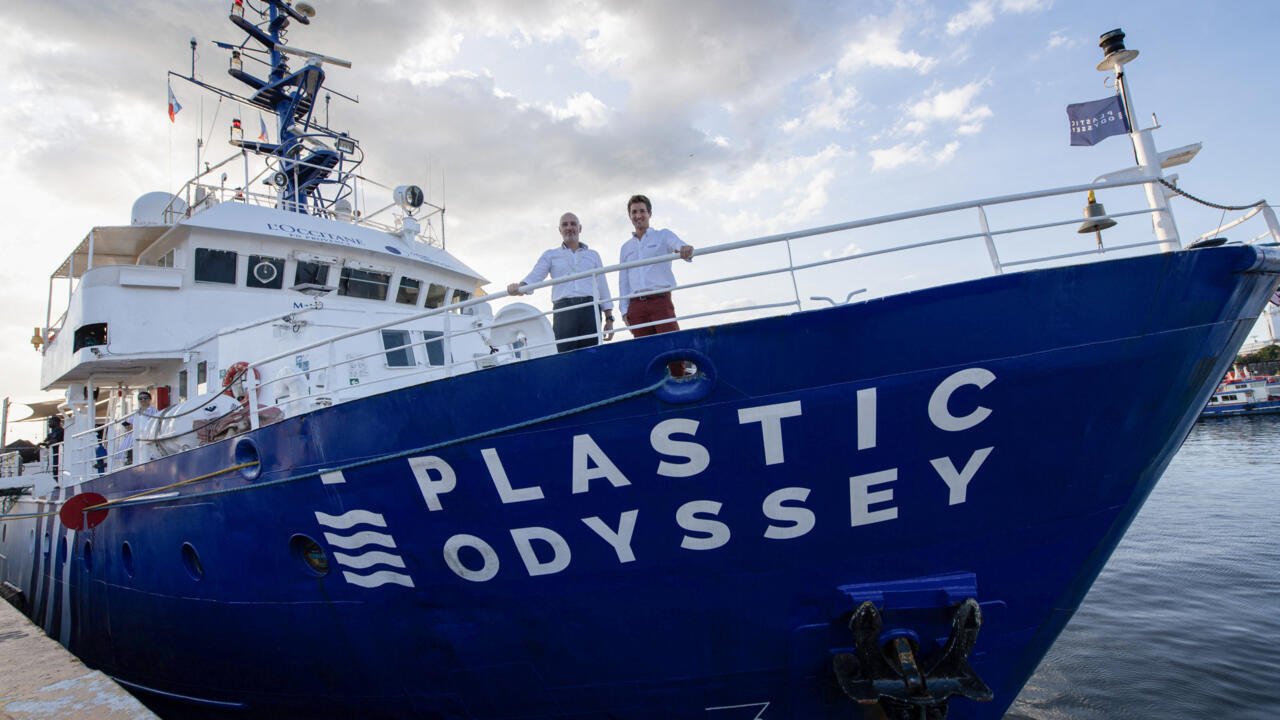|
Getting your Trinity Audio player ready... |
Behind the technical language of refrigeration lies a quiet revolution—one that could determine Africa’s food security, health resilience, climate action, and economic growth. At the heart of this movement is the Africa Centre of Excellence for Sustainable Cooling and Cold-chain (ACES), based in Kigali, which is rapidly establishing Rwanda as a hub of innovation in clean, sustainable cooling.
Cooling as Critical Infrastructure
For decades, cooling was seen as a technical afterthought. Today, it is emerging as essential infrastructure—just as vital as energy and water. In Africa, where more than 37% of food produced is lost between harvest and market, the absence of reliable cold storage is devastating for farmers and consumers alike. Each year, an estimated 120–170 kilograms of food per person never reaches the table.
By integrating pre-cooling, cold storage, and refrigerated transport, sustainable cold-chains can preserve shelf life, reduce losses, and connect farmers with markets near and far. For smallholder farmers in Rwanda’s rural districts, access to cold storage could mean selling tomatoes or milk at a better price days—or even weeks—after harvest, while enabling processing and packaging that add value locally.
ACES’ Community Cooling Hubs are already piloting this vision. These hubs allow farmers to aggregate their produce, reach broader markets, and even process goods into higher-value products. Scaled nationally, such hubs could create food corridors linking Rwanda’s rural communities to urban centres and export markets, ensuring that growth is inclusive and broad-based.
From Consumer to Agro-Export Powerhouse
Despite holding over 60% of the world’s arable land, Africa still imports food worth more than $115 billion annually. Limited processing capacity means farmers capture just a fraction of the value of their crops. With better post-harvest management and local processing, Rwanda has an opportunity to flip this equation—transforming from a price-taker into a price-maker in global agriculture.
Cooling infrastructure unlocks the ability to produce branded juices, dried fruits, and other processed goods, creating competitive agro-industries that earn foreign exchange while strengthening resilience. It also provides the backbone for Rwanda’s ambitions to become an agro-export powerhouse.
Jobs, Youth, and Innovation
Cooling is also an economic story—one of jobs and entrepreneurship. From technicians who install and maintain refrigeration units, to logistics companies managing refrigerated transport, to start-ups developing solar-powered storage and AI-driven supply chains, the opportunities are immense.
With over 60% of Africa’s population under 25, this is also a youth agenda. ACES, in partnership with the University of Birmingham and others, offers more than 25 training programmes—from short courses to Master’s degrees—paired with hands-on learning at its Rubirizi campus. This ensures Rwanda not only benefits from the technology but builds the workforce and entrepreneurial pipeline to drive the cold-chain economy forward.
Already, young innovators are creating home-grown solutions: mobile cooling businesses, milk and fish cold-chain services, apps to link producers with markets, and smart fridges powered by clean energy. The Festival of Cooling will showcase these ventures, helping connect them with investors, policymakers, and regional partners.
Health and Resilience
Cooling is also a matter of life and death in public health. Across Africa, one in four vaccines is wasted due to poor cold-chain infrastructure. Rwanda has built robust vaccine supply chains—demonstrated during the COVID-19 pandemic—and is now advancing new approaches, from drone delivery of medicines to specialised training for logisticians and engineers.
By embedding cooling into its “One Health” agenda, Rwanda is showing how resilient cold-chains can preserve vaccines, blood, and essential medicines, strengthening trust and saving lives.
Rwanda as a Continental Testbed
Though rooted in Rwanda, ACES has always had a pan-African vision. Its state-of-the-art testing centre, the first of its kind in sub-Saharan Africa, ensures appliances are tested in Africa for Africa, ending the region’s reliance on imported, sub-standard equipment. By convening governments, investors, and innovators, it provides a platform for scalable solutions that can extend across the continent.
In doing so, Rwanda is positioning itself as the reference point for Africa’s sustainable cooling agenda—just as it did on the global stage with the Kigali Amendment on climate. This Festival of Cooling, many believe, could be Rwanda’s “Kigali Declaration on Sustainable Cooling.”
Financing and Partnerships
Scaling cold-chain solutions requires investment. Rwanda’s approach is based on affordability and inclusivity—through shared, modular solutions like Community Cooling Hubs that aggregate demand from farmers, clinics, and small businesses. By combining concessional climate funds, government incentives, and private capital, Rwanda is working to make systems viable while ensuring rural farmers, women, and youth are prioritised.
Global partnerships will be critical—from development banks and universities to private-sector players in logistics, retail, and food processing. Regional cooperation will also help design food and health corridors that connect Rwanda to East Africa and beyond.
Making the Invisible Visible
Perhaps the biggest challenge is making the wider public see cooling not as a technical fix, but as a transformative enabler. For farmers, it must mean higher incomes. For patients, safe vaccines. For youth, new jobs. For consumers, safe and nutritious food.
That is what the Festival of Cooling aims to achieve: to make the invisible visible.
Looking Ahead to 2035
If Rwanda fully realises this agenda, the country’s food system could look dramatically different by 2035. Food losses would be slashed, farmer incomes doubled, and rural communities thriving with micro-enterprises in processing and logistics. Vaccines and medicines would reach every clinic safely, reducing preventable deaths. And a skilled Rwandan workforce would sustain the nation’s low-carbon, climate-resilient cold-chain infrastructure.
Rwanda would stand as Africa’s centre of excellence for sustainable cooling and cold-chain—a model for the continent and a beacon for the world.
A Message to the World
As Toby Peters, Founding Director of ACES, puts it: “Born in Rwanda, Pan-African in vision.”
The Festival of Cooling is more than an event. It is a declaration that sustainable cooling is critical infrastructure for the 21st century—protecting people, powering prosperity, and safeguarding the planet.








